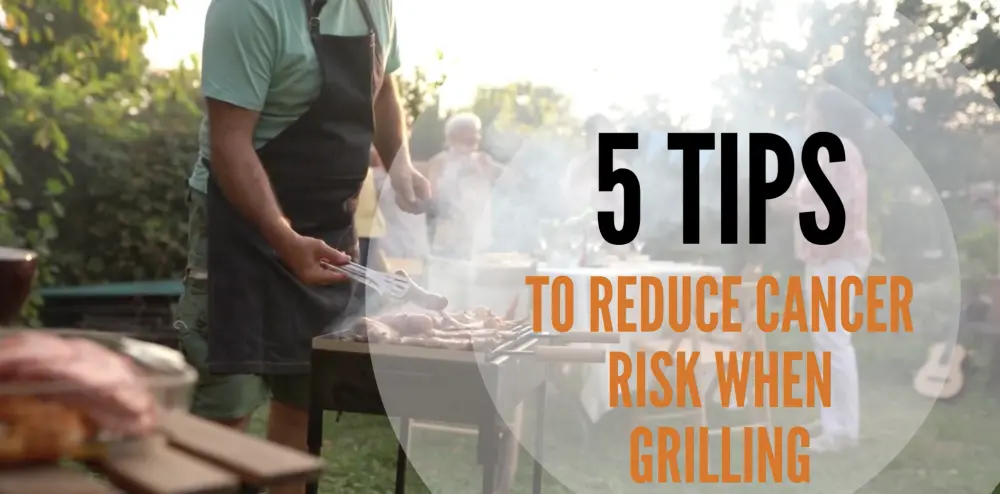Protect Yourself to Reduce Risk of Skin Cancer
More than 5 million people in the United States will be diagnosed with skin cancer this year. It is the most common form of cancer in this country, but it is also one of the most preventable. As part of Skin Cancer Awareness Month in May, Minnesota Oncology reminds the community about the importance of protecting their skin from the sun and other sources of ultraviolet (UV) radiation.
UV rays are invisible to the naked eye and are more intense at higher altitudes, and in areas closer to the equator. Overexposure to ultraviolet radiation from the sun causes sunburn, skin cancer, premature aging, cataracts, immune system suppression, and DNA damage.
The most important way for a person to lower his or her risk for skin cancer is to avoid exposure to UV radiation, either from the sun or other sources, such as tanning lamps.
The American Cancer Society recommends the following practices for sun safety:
- Protect skin with clothing, such as long-sleeve shirts and hats with a wider brim.
- Avoid being outdoors when the ultraviolet light is strongest, particularly between the hours of 10:00 a.m. and 4:00 p.m.
- Find shade.
- Use sunscreen and lip balm with an SPF of 15 or more on areas of the skin exposed to the sun. Products should be used on hazy or overcast days as well.
- Wear wrap-around sunglasses with at least 99 percent UV absorption to provide the best protection for the eyes and the skin around the eyes.
- Avoid other sources of UV lights, such as tanning beds and sun lamps.
- Protect children from the sun by using the same precautions as adults.
It’s also vital to be aware of the signs and symptoms of skin cancer. If you experience any of the following, please consult a physician.
- Firm, pale, or yellow scar-like areas
- Raised, itchy reddish patches
- Rough or scaly red patches
- Raised growths or lumps, sometimes with a lower area in the center
- Open sores that don’t heal
- Moles wider than one-fourth inch that are asymmetrical, have edges that are ragged, and/or have a splotchy color
As a community-based cancer care provider in the Twin Cities and Western Wisconsin, Minnesota Oncology helps cancer patients, and their families, access a full range of advanced cancer care services in an environment that allows patients to remain close to their homes and their support network of family and friends.
Learn more about skin cancer: https://mnoncology.com/cancers-and-blood-disorders/cancers/skin-cancer




